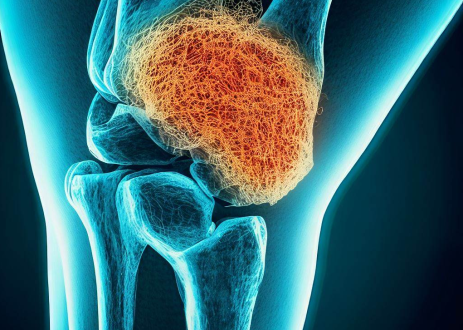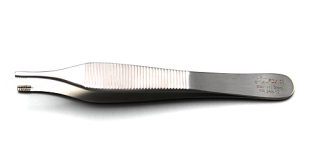What is Mucoid Degeneration ACL?
The knee joint cannot function properly without this Anterior Cruciate Ligament. Anatomically, it is crossed with the Posterior Cruciate Ligament, producing an ‘X’; thus, it is additionally referred to as a cruciform ligament. Two fibers, primarily the postero-lateral and anterior-medial fibers, make up this ligament. The ligament plays a major role in restricting the knee’s anterior translation. It also regulates the internal rotation. Thus, any knee injury increases the risk of Anterior Cruciate ligament tear. Mechanoreceptors in the cruciate ligament are in charge of sensing changes in the knee’s position, tension, speed, and direction. The synovial fluid that surrounds it serves as a nutrition and aids in the healing process.
A Mucoid Degeneration ACL is an uncommon pathological condition characterized by the presence of an increased signal within the ligament. It causes knee pain and reduced motion because of mucoid-like glycosaminoglycans infiltrating the ACL. Mucoid degeneration is characterized by the irreversible breakdown of tissue and the presence of mucin (glycosaminoglycans) inside the fibers.
Mucoid Degeneration ACL Symptoms
ACL mucoid degeneration rarely causes knee discomfort. When a patient experiences mucoid degeneration of the ACL, they often seek many orthopedic consultations. However, the majority of the time, the treating orthopedician misses the diagnosis either due to a lack of experience or an unusual cause of pain until the doctor gets an MRI of the knee.
Mucoid ACL degeneration is a relatively unknown disease. This invasive lesion is part of intercondylar fossa mucoid pathology. It differs from cystic lesions such as synovial cysts and intercondylar fossa cysts. In symptomatic cases of ACL mucoid degeneration, the patient typically presents with posterior knee discomfort and flexion restriction.
It typically affects individuals in their forties and fifties. The primary symptoms are a feeling of heaviness or fatigue in the knee, as well as pain that occurs during terminal knee flexion (for example, during squatting). Knee discomfort with full extension is a symptom that can be experienced by certain patients. Some other signs include:
- No extension block.
- Posterior knee discomfort.
- Crepitation.
- Having trouble climbing stairs and sitting with legs crossed.
- Stiffness.
- Swelling.
- No instability.
- Tenderness in the joint line.
Mucoid Degeneration ACL Causes
This Anterior cruciate ligament mucoid degeneration (MDACL) was initially described in 1999 by Kumar et al. Since the cause of mucoid degeneration of the anterior cruciate ligament is not completely understood, there are numerous theories regarding its origin. MDACL is associated with either a degenerative or traumatic cause. The “synovial theory” is an additional theory that proposes that the pouch of synovium herniates and is then afterward filled with synovium. This condition of anterior MDACL differs from synovial cysts of the ACL in that the mucoid tissue in MDACL is mixed in with the ACL fibers rather than being contained within a cyst. This medical condition is frequently caused by:
- Aging
- Acute/repeated trauma.
- Osteoarthritis, degenerative menisci, a tear in the meniscus, and meniscectomy are also the primary causes of this disorder.
Mucoid Degeneration ACL Treatment
Anti-inflammatory medications and physiotherapy are typically the initial non-surgical treatments for MDACL. The surgical treatment for ACL tears involves arthroscopic debridement, partial or total resection, and occasionally ACL reconstruction. An alternative treatment option is arthroscopic surgery, which is the partial removal of sclerotic lesions from the ACL to alleviate pain and restore mobility without triggering any signs of instability.
ACL (anterior cruciate ligament) mucoid degeneration can result in symptoms such as knee discomfort. Generally, this condition is treated by performing a partial ACL debridement, which weakens the ACL. Platelet-rich plasma (PRP) and other orthobiologics are being used more frequently in ligament surgery these days to speed up the recovery process.
 Health & Care Information
Health & Care Information 


